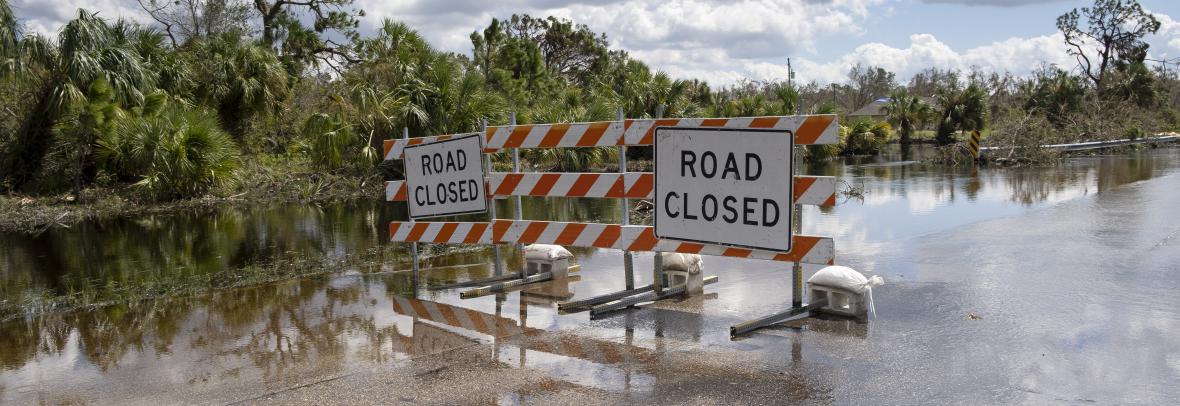
Storm Damage: Landlord Duties, Tenant Rights
Florida law requires safe, habitable rentals. After hurricane damage, tenants may qualify for reduced rent or lease termination if the unit becomes uninhabitable.
ORLANDO, Fla. — What rights do tenants and landlords have if a hurricane damages their rental unit? There’s no simple answer.
While Florida law requires landlords to comply with certain minimum requirements, as well as all applicable building, housing and health codes, some requirements may depend on the lease terms themselves.
Section 83.51(1)(a) of the Landlord-Tenant Act requires a landlord to comply with all applicable building, housing and health codes, which can vary by county. However, section 83.425 recently preempted many of the requirements of the act to the state. At a minimum, if no applicable city or county code exists, or if such a requirement has been preempted to the state, a Florida landlord must maintain the roofs, windows, doors, floors, steps, porches, exterior walls, foundations and all other structural components in “good repair and capable of resisting normal forces and loads,” and the plumbing in “reasonable working condition.” However, the landlord’s obligations under this subsection (83.51(1)(b)) may be altered or modified in writing with respect to a single-family home or duplex. It is therefore important to look at the lease language.
Additionally, unless otherwise agreed in writing, the landlord of a dwelling unit other than a single-family home or duplex (i.e. a condo or apartment) shall, at all times during the tenancy, make “reasonable provisions” for … “the clean and safe condition of common areas” … “garbage removal and outside receptacles therefore” … “functioning facilities for heat during winter, running water, and hot water.” If a hurricane causes any damage to any part of the unit or common areas affecting these requirements, the landlord must take steps to remedy the issues as soon as possible.
Per Florida Statute 83.56, Termination of a Rental Agreement, if the landlord is unable to comply with these maintenance obligations under the lease or the law due to “causes beyond the control of the landlord and the landlord has made and continues to make every reasonable effort to correct the failure to comply,” the rental agreement may be terminated or altered as follows:
- If the issue renders the dwelling unit untenantable (incapable of being occupied) and the tenant vacates, the tenant shall not be liable for the rent during the period the dwelling unit remains uninhabitable.
- If the issue doesn’t completely render the dwelling unit untenantable and the tenant stays/continues to occupy the property, the rent for the period of noncompliance shall be reduced by an amount “proportionate to the loss of rental value caused by the noncompliance.”
Further, Florida Statute 83.63, Casualty Damage, deals with rental units that are damaged or destroyed “other than by the wrongful or negligent acts of the tenant.” Hurricanes are certainly covered as casualty damage. If “the enjoyment of the premises is substantially impaired, the tenant may terminate rental agreement and immediately vacate the premises.”
If the tenant only vacates part of the premises – the part rendered unusable by the casualty – then the rent “shall be reduced by the fair rental value of that part of the premises damaged or destroyed.”
As you can see, both section 83.56 and 83.63 may allow the tenant to stay in a partially damaged unit, paying only a percentage of rent for the portion that remains inhabitable. However, neither statute provides a formula for determining that percentage. If possible, the landlord and tenant should negotiate the reduced rate to avoid potential litigation.
Note: Information deemed accurate on date of publication.
Richard Swank is an Associate General Counsel for Florida Realtors.
© 2024 Florida Realtors®
